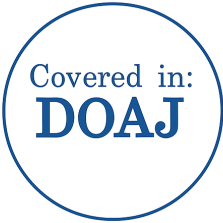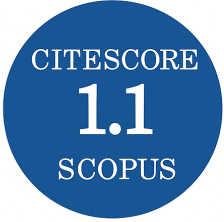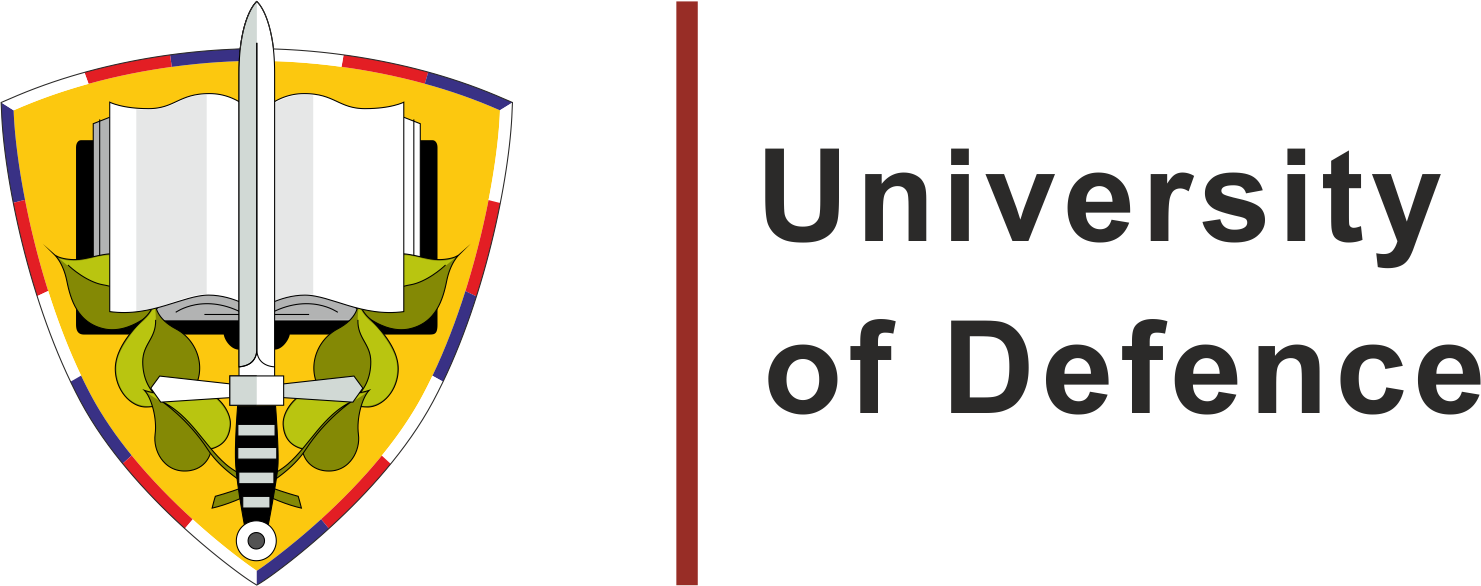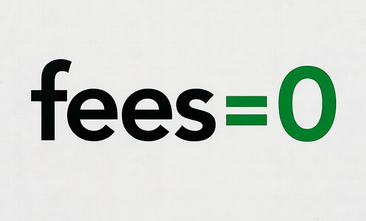NONCOMMUTATIVE JOIN SPACES OF INTEGRAL OPERATORS AND RELATED HYPERSTRUCTURES
Abstract
In this contribution we construct noncommutative transposition hypergroups of integral operators on spaces of continuous functions which are determined by Fredholm integral equations of the first and second kinds. We started with integral operators formed by separated kernel. Moreover, we investigate the obtained hyperstructures as transposition hypergroups and also related quasi-hypergroups of blocks of equivalence of integral operators. Moreover, we use also the object function (where the corresponding binary hyperoperation on an ordered group is defined as principal end generated by products of pairs of elements of the considered group) of a functor enabling the transfer from the category of ordered groups and their isotone homomorphisms into the category of hypergroups and their inclusion homomorphisms.
The basic group of integral operators contains an invariant subgroup. Using another binary operation on the set of suitable Fredholm integral operators of the second kind we get a group with a significant non-invariant subgroup of operators of the first kind enabling the construction of a quasi-hypergroup of decomposition classes of operators, structure of which is also clarified.
The article is a basic analytic material dealing with problems of military techniques maintenance. It analyses current state and assumed development of maintenance of combat, special and transport vehicles, and airplanes in particular NATO countries.
References
Downloads
Published
Issue
Section
License

This work is licensed under a Creative Commons Attribution-NonCommercial 4.0 International License.
Authors who publish with this journal agree to the following terms:
1. Authors retain copyright and grant the journal right of first publication with the work simultaneously licensed under a Creative Commons Attribution License that allows others to share the work with an acknowledgement of the work's authorship and initial publication in this journal.
2. Authors are able to enter into separate, additional contractual arrangements for the non-exclusive distribution of the journal's published version of the work (e.g., post it to an institutional repository or publish it in a book), with an acknowledgement of its initial publication in this journal.
3. Authors are permitted and encouraged to post their work online (e.g., in institutional repositories or on their website) prior to and during the submission process, as it can lead to productive exchanges, as well as earlier and greater citation of published work.
Users can use, reuse and build upon the material published in the journal for any purpose, even commercially.






